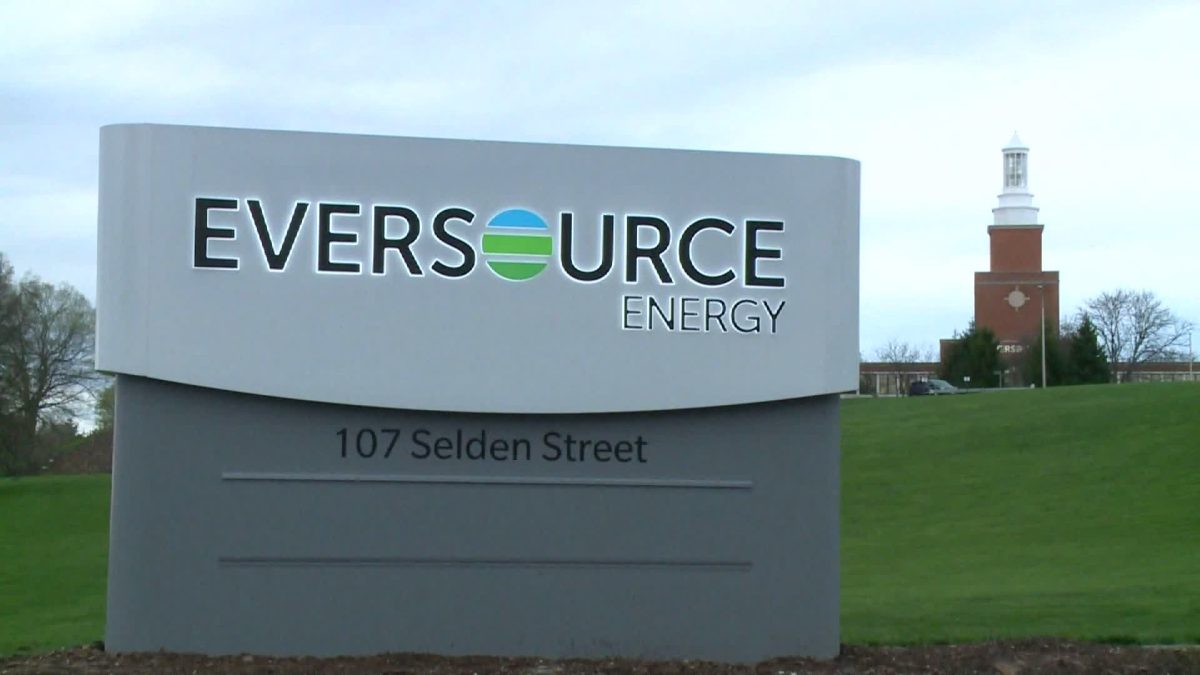The recent decision to include electric vehicle (EV) charging stations as part of Connecticut residents’ Eversource bills has sparked considerable debate. While the push towards sustainable energy and reducing carbon emissions is commendable, burdening residents with additional costs on their electric bills is not the right approach.
Governor Ned Lamont, who has previously advocated for Connecticut to transition to selling only electric cars by 2035, should consider alternative funding methods. One option is using some of the money in the state’s rainy day fund, especially given the record budget surplus. This fund is designed to provide financial stability during unforeseen circumstances, and investing in the infrastructure needed for a greener future certainly qualifies as such a circumstance.
Moreover, the current state of Connecticut’s electric grid raises concerns. The grid is not equipped to handle the increased demand that would come with a significant rise in electric vehicle usage because there is simply not enough electricity. Before mandating a transition like this, it is imperative to ensure that the necessary infrastructure is in place. Otherwise, residents could face frequent outages and higher electricity costs, which would be counterproductive.
Additionally, it’s important to recognize that not everyone wants or can afford to own an electric vehicle. Forcing residents to pay for charging stations through their electric bills is unfair, especially for those who do not benefit directly from them. This approach could disproportionately impact low-income families, who are already struggling with rising living costs. Moreover, people aren’t paying for others to fill their gas cars, so it doesn’t make sense to make them pay for EV charging stations.
However, the goal of cleaner air and a healthier environment remains crucial. Connecticut must find a balanced solution that promotes sustainability without imposing undue financial strain on its residents. By utilizing the rainy day fund, Governor Lamont can support the development of EV infrastructure while maintaining fairness and equity for all residents.

















